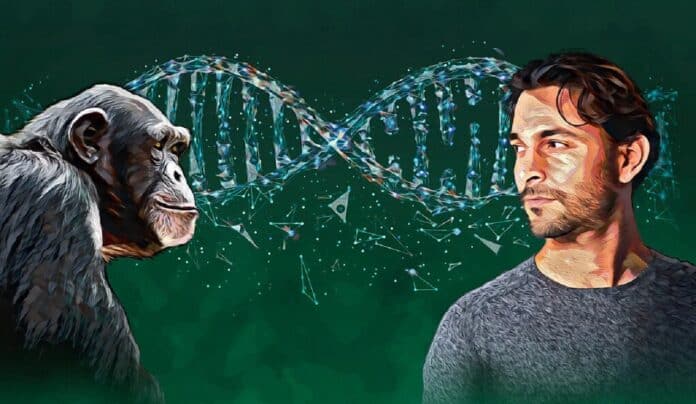Discovering our origins requires deciphering the chemical and genetic differences that distinguish humans from our closest primate relatives. Sequence loss has received less attention, but changes in conserved evolutionary regions rich in biological function are more likely to have phenotypic effects.
A new study led by Yale University and the Broad Institute of MIT and Harvard academics has discovered that the human genome, which is missing in comparison to the genomes of other primates, may have been as important to the evolution of humanity as what has been added during our evolutionary history.
The research, released on April 28 in the journal Science, closes a significant knowledge gap about the evolution of the human genome.
Scientists have been able to identify additions that are unique to the human genome, such as a gene that was essential for humans to develop speech, thanks to a revolution in the ability to collect data from genomes of other species. More focus, however, has been placed on what the human genome still needs to include.
Researchers demonstrated that losing around 10,000 bits of genetic information over our evolutionary history separates humans from chimpanzees, our closest ape relative, using an even deeper genomic dive into primate DNA.
Some of those “deleted” genetic informational fragments are closely related to genes involved in neuronal and cognitive processes, including one linked to the development of brain cells. The Yale researchers discovered that these 10,000 missing bits of DNA are present in all humans.
Steven Reilly, an assistant professor of genetics at Yale School of Medicine and senior author of the paper, said, “Often we think new biological functions must require new pieces of DNA, but this work shows us that deleting genetic code can result in profound consequences for traits that make us unique as a species.”
The publication was one of three in Science by the Zoonomia Project, a worldwide research effort cataloging mammalian genomic diversity by comparing DNA sequences from the world’s 240 mammals.
According to the Yale team, Some genetic sequences found in the genomes of most other mammalian species, from mice to whales, vanished in humans. Instead of interfering with human biology, they developed new genetic encodings that removed parts that would ordinarily turn genes off.
This deletion had the same effect as eliminating three letters — “n’t” — from the word “isn’t” to produce a new word, “is.”
He said, “[Such deletions] can tweak the meaning of the instructions of how to make a human slightly, helping explain our bigger brains and complex cognition”
The researchers used a technique known as Massively Parallel Reporter Assays (MPRA) to screen and quantify the function of thousands of genetic alterations between species, allowing them to identify the many small molecular building pieces that distinguish us as a species.
Reilly said, “These tools can allow us to start to identify the many small molecular building blocks that make us unique as a species.”
Journal Reference:
- Xue, J. R., Mackay-Smith, et al. The functional and evolutionary impacts of human-specific deletions in conserved elements. Science. DOI: 10.1126/science.abn2253
